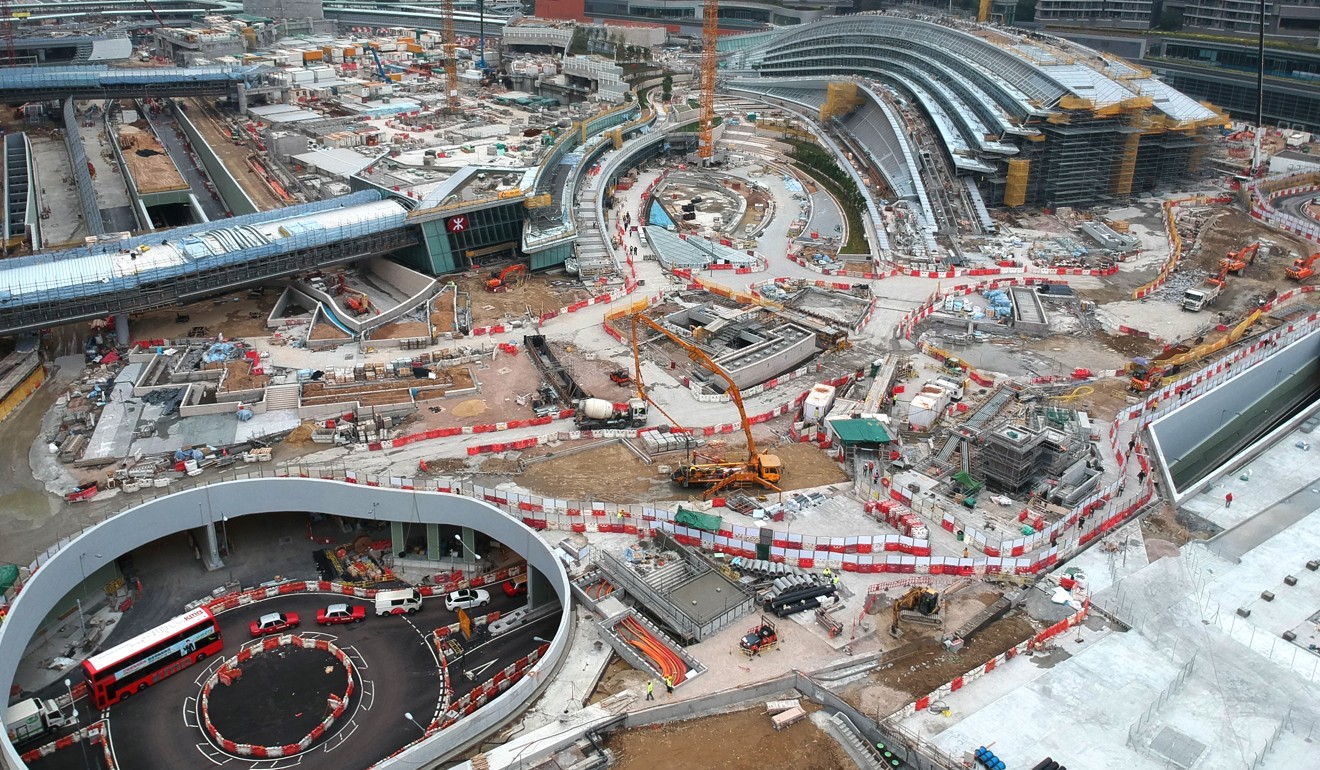
China tells UK to back off after Boris Johnson warns of Beijing's increasing influence over Hong Kong
UK foreign secretary cites recent cases in the city as cause for worry, but local authorities say foreign governments should stay out of its affairs
China has told the UK to back off after British foreign secretary Boris Johnson doubled down on concerns that the “one country, two systems” governing formula for Hong Kong was coming under increasing pressure.
“Since July 1, 1997, Hong Kong affairs have been China’s internal affairs,” Lu said. “Britain has no power to intervene. There is no room for interference.”
‘Important areas’ of ‘one country, two systems’ under threat, UK foreign secretary says in report
He said the UK’s remarks would only lead to resentment among Chinese citizens.
Britain handed Hong Kong back to Chinese rule in 1997 after 150 years.

Britain has no power to intervene. There is no room for interference
Responding to media inquiries, a Hong Kong government spokesman said later on the same day: “Since the return to the Motherland, the HKSAR has been exercising a high degree of autonomy and ‘Hong Kong people administering Hong Kong’ in strict accordance with the Basic Law.
“This demonstrates the full and successful implementation of the one country, two systems principle, which has been widely recognised by the international community.
“Foreign governments should not interfere in any form in the internal affairs of the HKSAR.”
Britain will continue to speak up on Hong Kong and any pressures ‘one, country, two systems’ comes under, consul general vows
Last September, Johnson warned that “important areas” of the one country, two systems model were under increasing pressure, citing reports of mainland security officials operating in the city and Beijing’s increasing influence.
Johnson said in the foreword of his latest report that “while one country, two systems generally functions well ... the increasing pressure I described in the foreword of my last six-monthly report has continued in the second half of 2017”.
He also said on Thursday that the British government had “consistently raised” its concerns with Chinese and Hong Kong authorities.
Patten and Ashdown call on UK PM Theresa May to speak up for Hong Kong during China trip
In October, the Chinese ambassador to the UK was summoned by the British Foreign Office after Benedict Rogers, a British activist known for raising concerns about political freedom and human rights in Hong Kong, was refused entry to the city.
Johnson said: “I paid close attention to the denial of entry to Hong Kong of Ben Rogers ... Beijing’s involvement in this case has strengthened our view that Hong Kong’s high degree of autonomy is under increasing pressure.”
On Hong Kong’s rule of law, Johnson said that in the second half of 2017, “a large number of cases related to the political system came before Hong Kong’s courts, including the disqualification of a further four legislators”.
He was referring to the disqualifications of pro-democracy lawmakers Lau Siu-lai, Nathan Law Kwun-chung, “Long Hair” Leung Kwok-hung and Edward Yiu Chung-yim for improper oaths of office. The legal battle was mounted by the Hong Kong government.
“The judiciary in Hong Kong remains in high esteem,” Johnson added. “It will be vital that the Hong Kong ... government is seen to use the system of justice fairly in all cases.”


